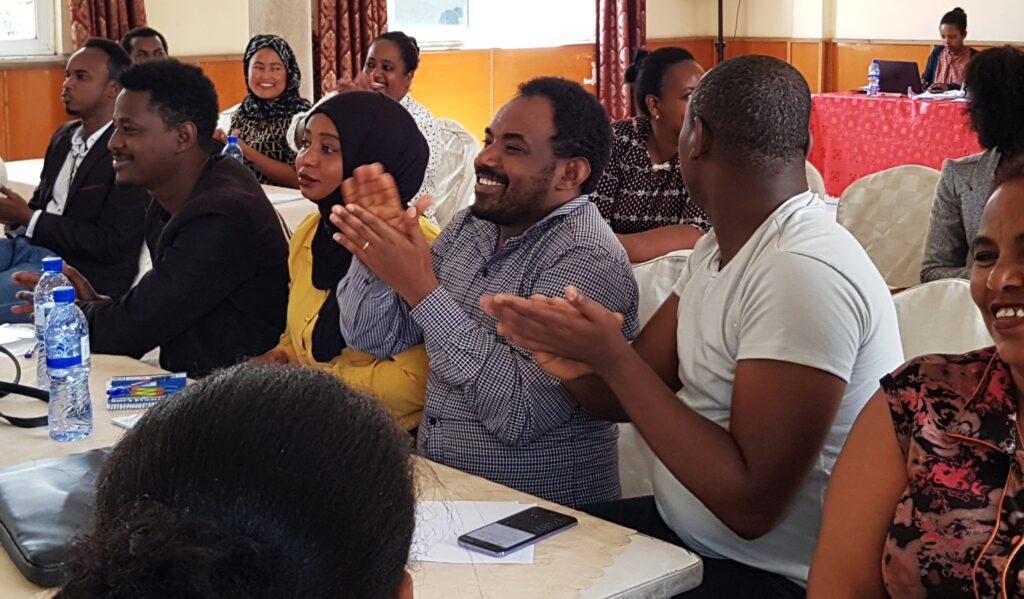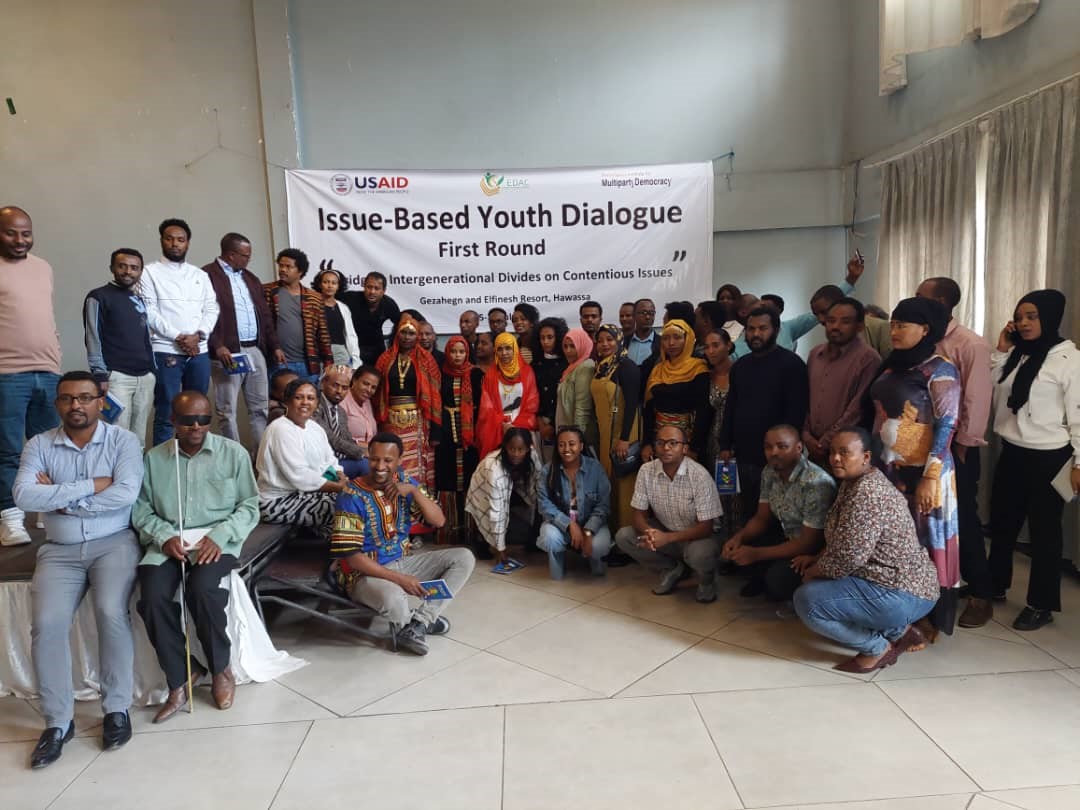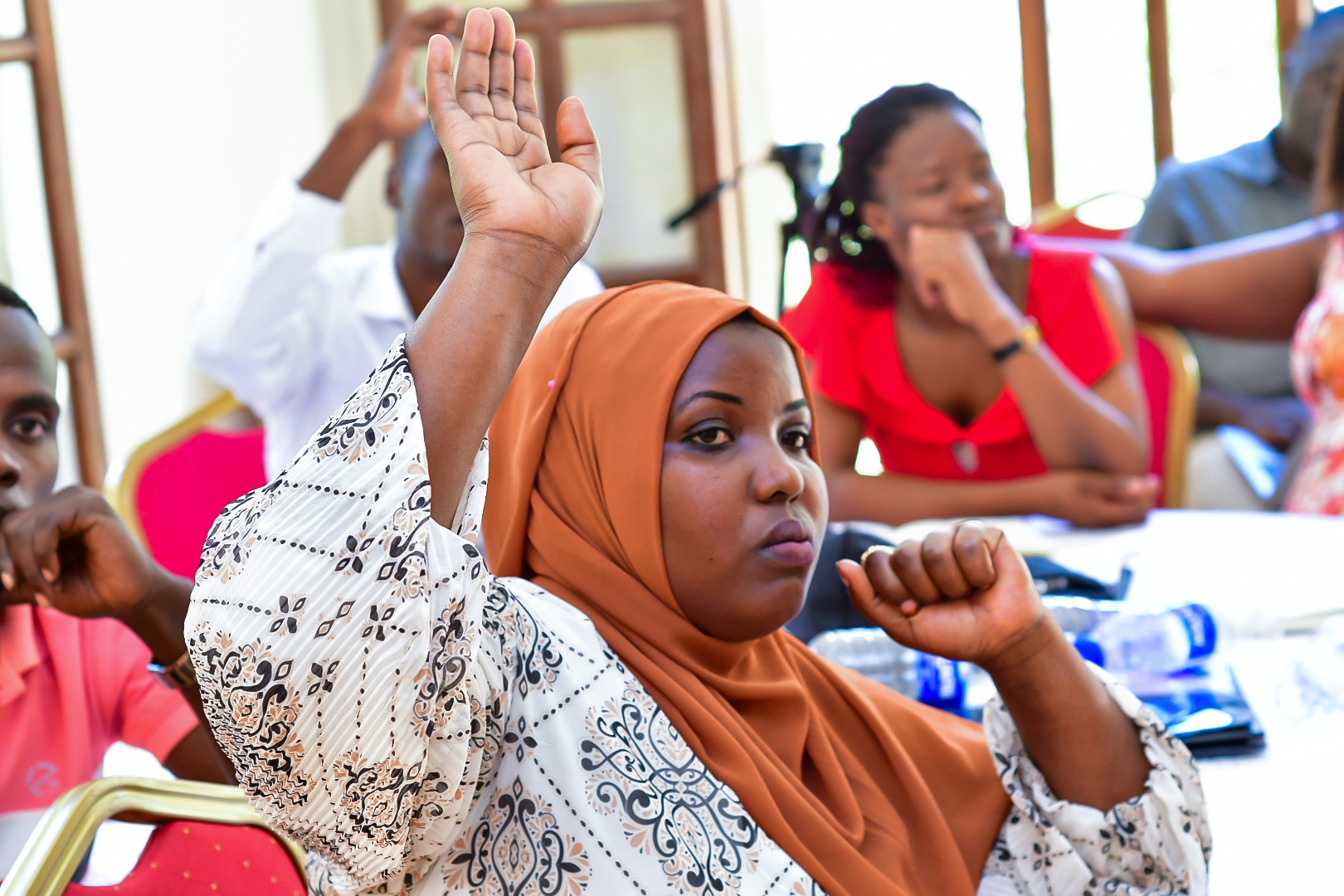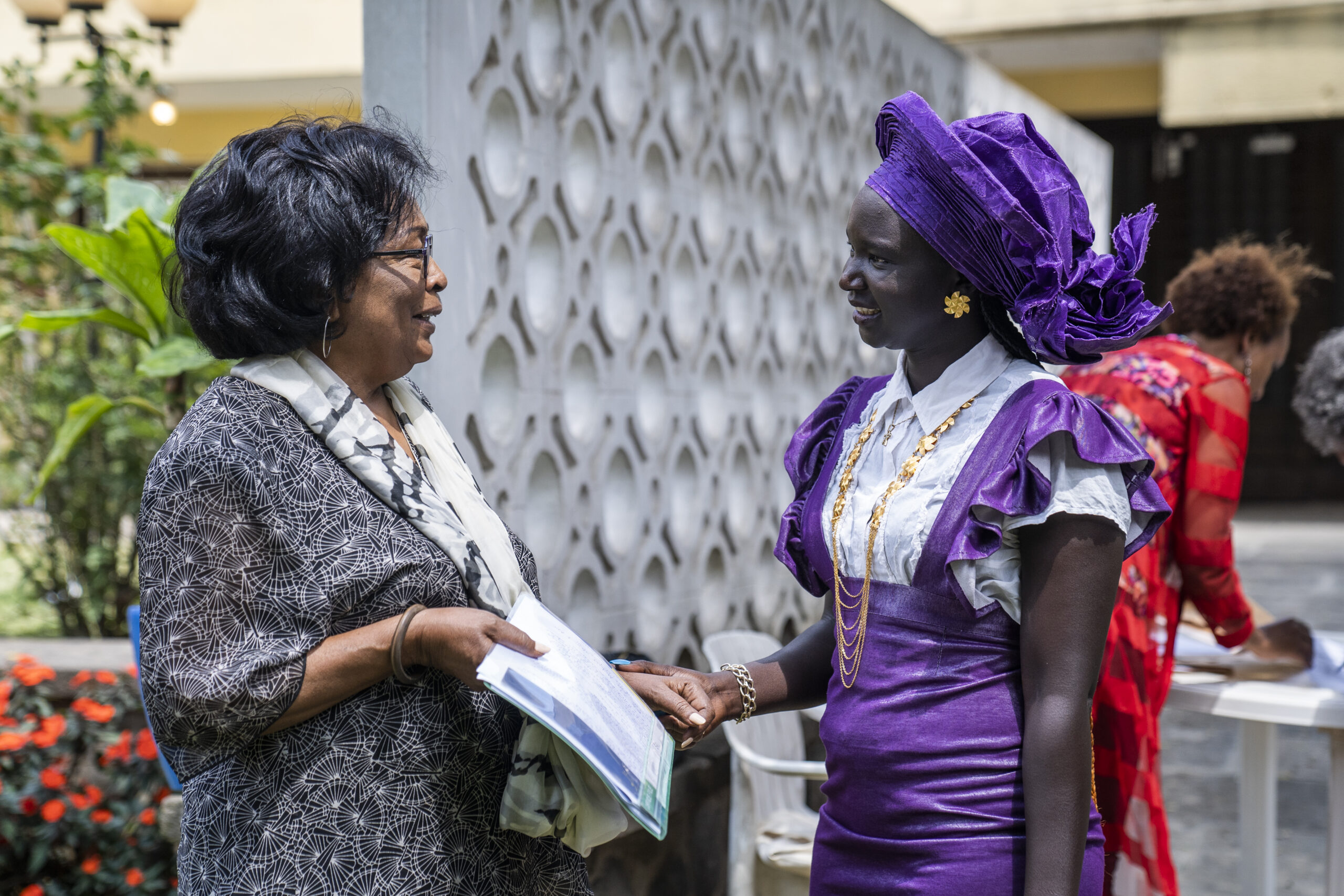Strengthening and sustaining democratic culture through youth training and inter-generational conversations

For years, crisis and conflict have defined Ethiopia’s politics. For example, thousands of people have died or been displaced due to the two year Tigrayan conflict that erupted in 2020. An AU-brokered peace deal in October 2022 has made tensions subside and has improved relations between the belligerents. Yet, the country remains trapped in deep divides that continue to fuel conflict in, for instance, Western Oromia and the southern regions.
To address the situation, NIMD has been investing in transforming the mindsets and attitudes of Ethiopia’s emerging and current political leaders through two interrelated initiatives— the Ethiopian Democracy Academy (EDAC) and the Inter-generational dialogues. Designed and deployed with different funding sources (Initial funding for EDAC came from the EU. Ongoing rounds are funded by the Dutch and British Embassies. USAID has primarily funded the intergenerational dialogues), both are based on the premise that enhanced capacity of political leaders—complemented with intra and inter-generational dialogues on issues of common interest—will strengthen trust and promote consensus-building, with positive outcomes for peace and democracy in the long term.
So far, the capacity of over 100 young political leaders— drawn from more than 20 political parties (governing and opposition)— has been enhanced through dedicated EDAC trainings. An immediate impact of this has been increased political engagement, with some of the alumni creating political parties that have become key voices in the quest for sustainable peace and democracy. EDAC has also increased trust amongst political youth. This is evidenced by the many different networks they have created for sustained interaction and engagement across the country post trainings. So far, four regional Alumni chapters across the country have been established.
The trust that the EDAC builds responds to a shared feeling in Ethiopia that there is a need for opposing groups to come together and find common ground. That’s why NIMD has also organized dialogue sessions between alumni and senior political leaders – these are called intergenerational dialogues. Two, from the past year, are particularly important to highlight.

The first, organized on the theme ‘Empowering Youth Political Leaders to build a culture of Peace and Democracy’, provided a rare opportunity for participants to step out of their comfort zones and begin to engage civilly—and unreservedly—with their peers on sensitive political matters such as the Tigray conflict. Building on the first dialogue, the second dialogue, themed ‘Bridging Intergenerational Divides on Contentious Issues’, covered more controversial issues linked to political history, state-building and federal state-structure. The third round, covered the theme Building a Common Vision of State Building and provided the leaders opportunities for establishing shared visions on state/nation/ building in Ethiopia.
In the long term, we hope that these discussions will feed into policy making, but for now it’s already impressive that such dialogue can take place in a country that has experienced a lot of polarization. The dialogue is bringing together people from across generational, political and ethnic divides to discuss issues that are traditionally sources of tension. This demonstrates that a certain degree of trust, which is a prerequisite for such engagement. This crucially reduces the possibility for different political factions to influence the youth to become violent. Indeed, since the launching of these initiatives, this tendency is diminishing as all sides are shifting their focus onto what unites rather than divides them.
By implementing the EDAC and intergenerational dialogue, NIMD Ethiopia has contributed to:
- Improved knowledge and skills in different areas including conflict management/resolution and utilization of social media.
- Enhanced understanding of youth political leaders on competing perspectives and a base/groundwork for them to work towards consensus building
- More informed views among youth political leaders regarding competing visions about state/nation building in the country achieved by listening to different generational perspectives
- Improved understanding of intergenerational issues and challenges associated with the visions on state/nation building in Ethiopia
- The creation of a platform for young people to work towards achieving their shared visions.
In conclusion, the current results of the EDAC and intergenerational dialogue programs are promising. These two projects focus on the improving the political understanding amongst youth. Hopefully, in the future this can play a part in improving the political situation in Ethiopia.


